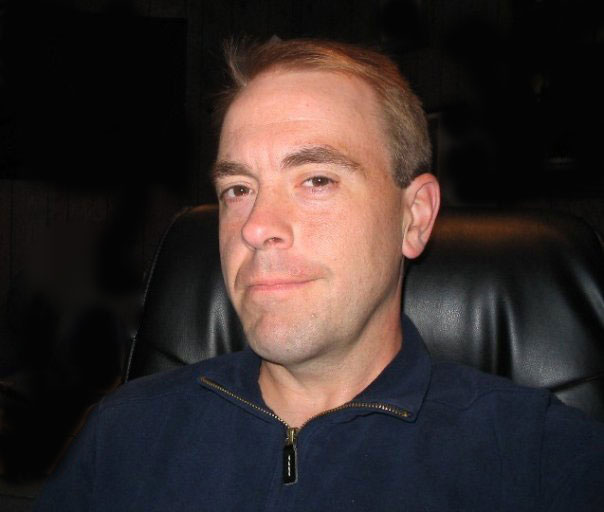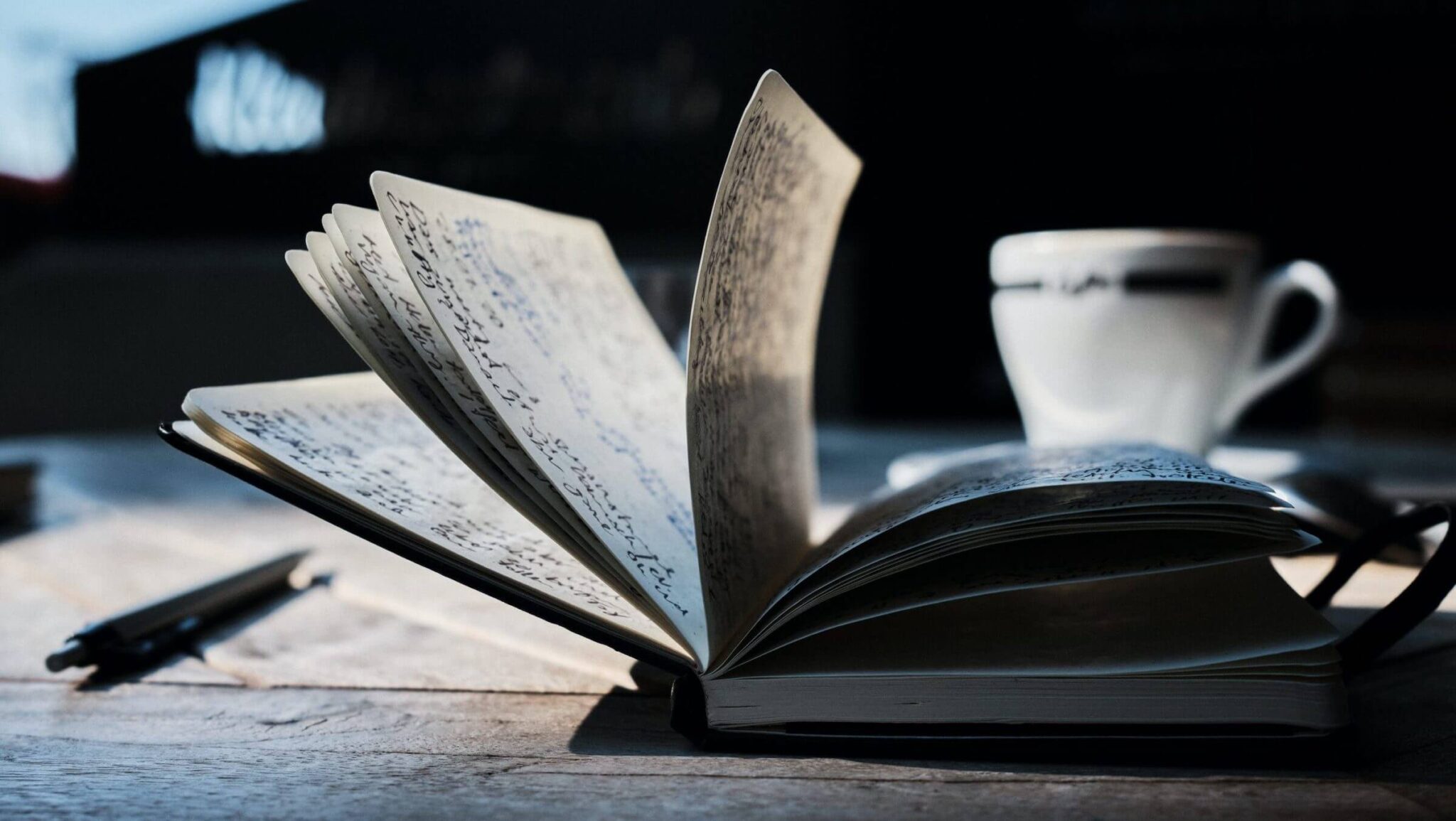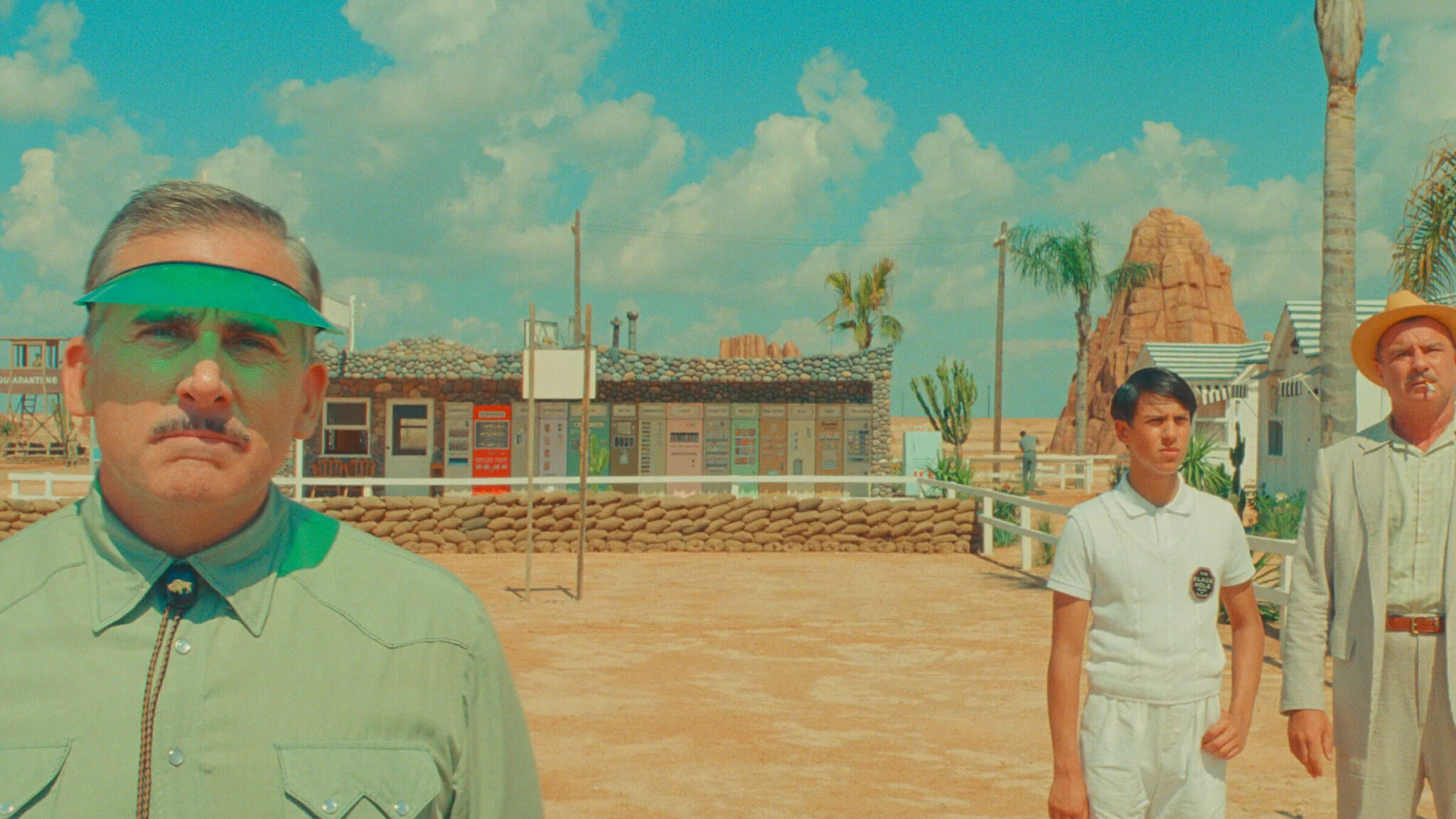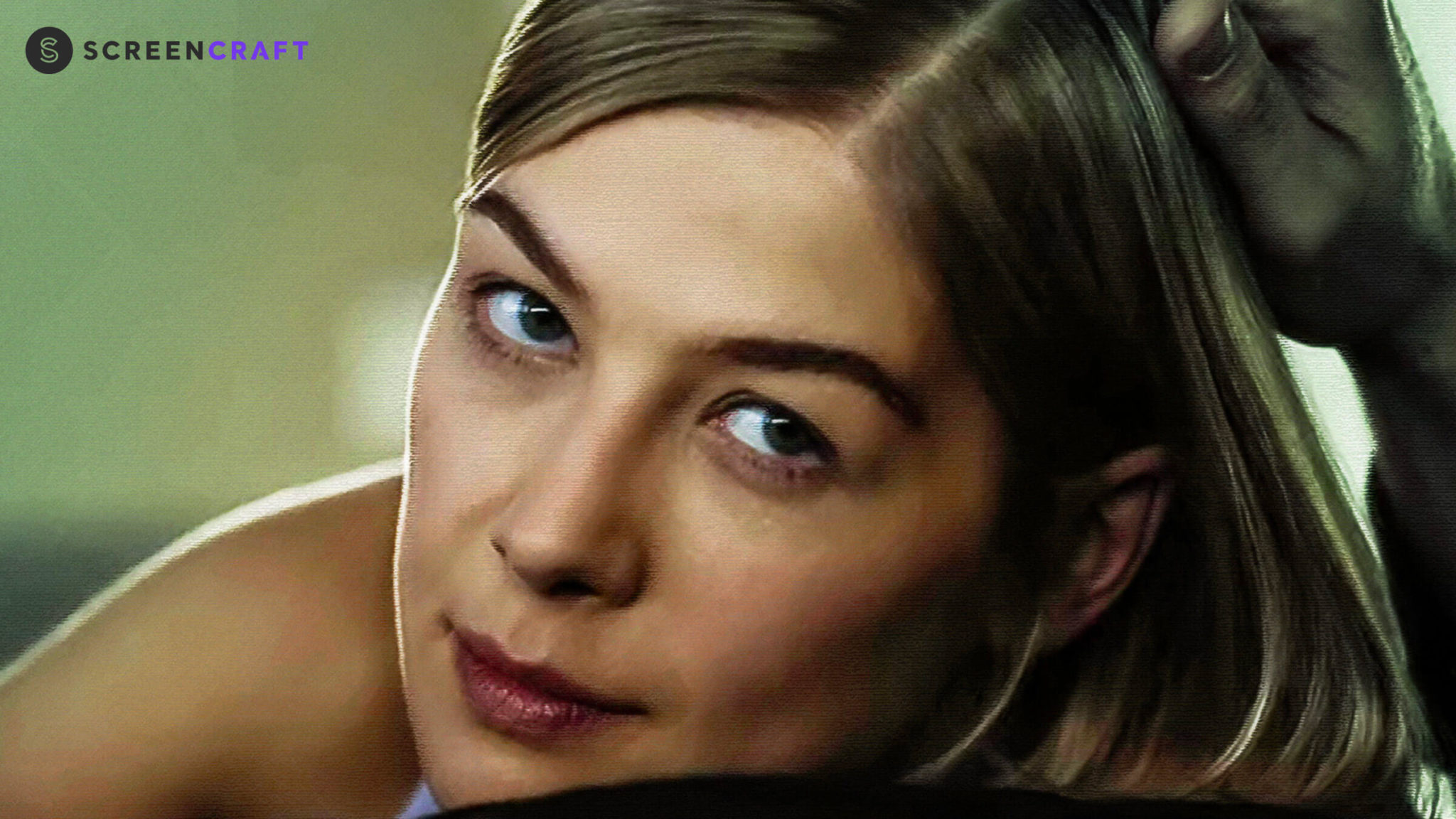7 Questions With ScreenCraft Fellowship Recipient Jeffrey R. Field

1) What is your writing process and how long have you been writing?
I started my first screenplay in 2004 and now average about two new scripts every year and revisit a few of my old ones.
A process that I've found works for me always starts with extensive brainstorming and planning. Whenever I have a promising idea, I'll fill up a big notebook with ideas for characters, story beats, lines of dialogue -- and use that to create a detailed outline. I wasn't always an outliner, but I've found that having a sense of direction before you sit down to write means a lot less time staring at a blank screen.
I'll write a quick draft and usually set it aside to stew, sometimes for a week and sometimes much longer. The first draft of the script that became JACKSONVILLE actually sat for eight months. When I do return to the script, I'll mark up a hard copy with a sea of red ink before I change them in the computer. I'll repeat that process until the script feels like it's in a good place. That's when I usually ask writers in my network to take a look at it.
2) How have you honed your craft since you began and what resource or activity has been the most helpful in that regard?
It's so crazy to read those early drafts of early scripts because I really had no idea what I was doing. There's a natural progress that comes from doing the work, so just being relentless about writing has helped. John August and Craig Mazin's Scriptnotes podcast and Terry Rossio's Wordplay columns are also instructional and inspirational. I took the Screenwriting U Pro Series and I attended the Stowe Story Labs in September 2014, both of which made me a better writer, but also introduced me to other writers so I could trade ideas and feedback.
But the activity that's been the most helpful is the Austin Film Festival's annual Writer's Conference. I try to go every year and the knowledge I've picked up there has been transformational. Getting to hear prominent people like Michael Arndt, Terry Rossio, Lindsey Doran, Kelly Marcel and Franklin Leonard explain structure, pitching, endings, psychology of screenwriting and how to open your script improved my writing exponentially. I can't recommend the annual conference enough.
3) What was the genesis of JACKSONVILLE? How many drafts have you done and how much has the story evolved? Have you entered it into other competitions?
JACKSONVILLE started out with the basic idea of a wounded veteran, a courier delivery and a good deed that backfired. I wrote the first draft under a different title in spring 2013. In that draft, it was a straightforward thriller set in my hometown and it was awful, generic and boring. I put it away for eight months.
Driving home from a Christmas trip to my in-laws' house in 2013, I got the idea of moving the story to Florida. I worked in TV news in Florida at one time and the state has a well-deserved reputation for strange-but-true news stories. But if my script was going to work as a Florida story, it had to be at least as crazy as the real-life things that happen there. I decided to rewrite the boring, generic script as a Florida-based comedy with colorful characters and a sense of place. At that very moment, I passed a highway sign for I-10 to Jacksonville. I knew my setting and my title.
I did a least a half-dozen drafts and rewrites before proofing it and sending it into a few contests. I was happy with it, but thought it might be polarizing. I remember telling a friend that I wasn't sure everyone would like it, but the people who did like it would probably really like it. I guess I found a lot of people who liked it because that early version made the quarterfinals of the PAGE Awards, the second round at the Austin Film Festival – and finished as a Top 50 semifinalist in the Academy's Nicholl Fellowships. I made a few revisions last fall and sent it into additional contests. The ScreenCraft Fellowship is the first of those contests to announce its results.
4) What kind of stories are you drawn to tell? Favorite genre? What other projects do you have besides JACKSONVILLE?
Most of my scripts are comedies, and even the ones that aren't usually have moments of levity. A lot of my characters are successful people who fall off a lofty perch and have to find a new path: A slumping real estate agent, a washed-up golfer or a one-time cooking prodigy who must take a demeaning job to earn her way back to good graces. I have quite a few other projects, but three of which I'm particularly proud are POP HIT, a revenge comedy set in the modern music world, WAITING GAMES, an indie dramedy about a charismatic liar who latches on to strangers in hospital waiting rooms, and the tragic teen romance NO MAN'S LAND -- co-written with my friend and occasional collaborator Michelle Davidson -- that gives a sci-fi twist to the Romeo and Juliet story. And I've got a promising new comedy that's almost ready to be released into the wild.
5) What's the best operating principle or piece of advice on screenwriting you've ever gotten?
Probably the best advice I've received is to be flexible. If an idea comes that will take your script in a different direction, take some time and experiment with it. It might not work, but it might be exactly the change your script needs. Flexibility also means being receptive to notes, especially ones you disagree with. Even if you don't wind up making a direct change as a result of those notes, simply the act of thinking about those suggestions could inspire other great ideas.
The nice thing about writing is that even if you have to cut something you love -- a scene, a character or a line of dialogue – you can always give it a new life in another project. One of my favorite early moments in JACKSONVILLE is something I salvaged from a previous script.
6) Who are your writing influences?
I'm happy to credit a lot of people with influencing my writing: I love the work of Elmore Leonard, the Coens, Nick Hornby, Cameron Crowe, Wes Anderson and Billy Wilder. Gillian Flynn is a fellow KC native. On the TV side, I'm blown away by the work of Shonda Rhimes, Michael Schur, Jenji Kohan, David Simon and Graham Yost.
But if I had to pick one person, I'd say James L. Brooks. He survived a start writing television news copy to help give life to Mary Richards, Lloyd Dobler, Homer Simpson and the near-perfect screenplay for BROADCAST NEWS.
7) Having received the ScreenCraft Fellowship, what are your immediate goals as a writer?
I hope it will help get my work seen by a wider circle of people and forge new relationships that will help advance my writing career. And after all of these years of writing, I'd be lying if I didn't say I'd love to see one or more of my scripts find a path to production.
But no matter what happens next, the immediate goal is to keep writing. I have a lot of ideas and a lot of notebooks waiting to be filled.
Tags
Get Our Screenwriting Newsletter!
Get weekly writing inspiration delivered to your inbox - including industry news, popular articles, and more!



























